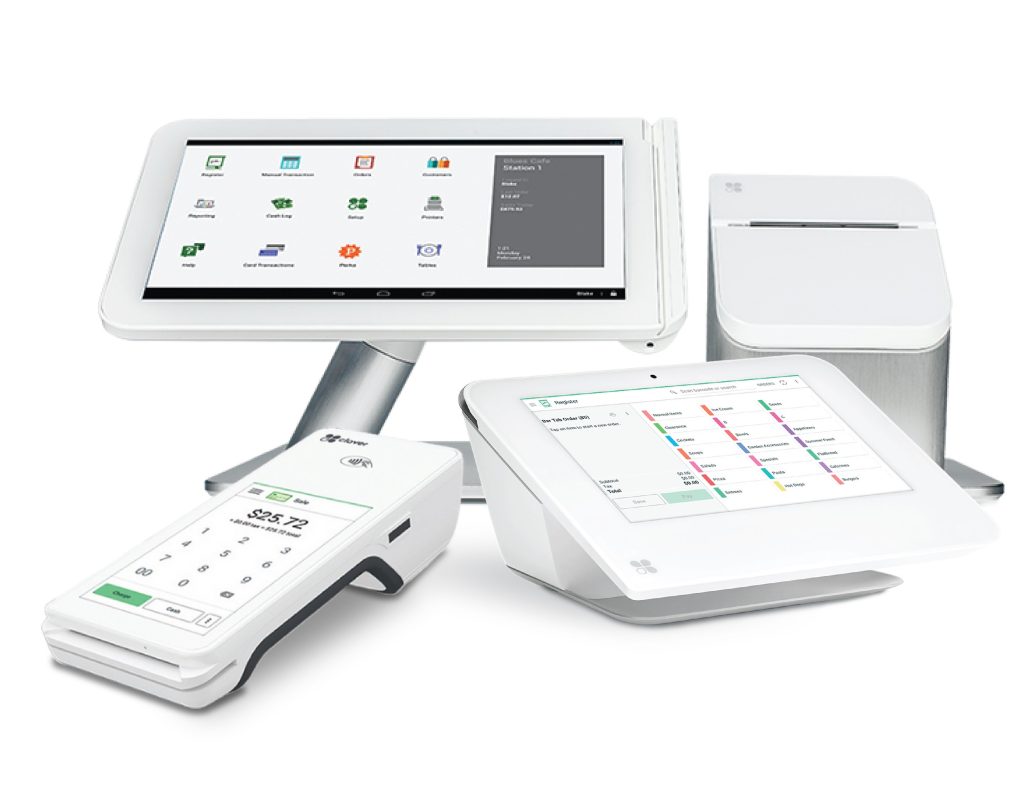Are you open to accepting electronic payments, such as debit and credit, for your small company? Do you need clarification about payment service providers, merchant accounts, gateways, etc.? Before you jump into merchant payment services for small businesses, here are some things you need to know about merchant payment processors.
Merchant Payment Services Options
Merchant processing is straightforward. You sign-up with a merchant provider to allow you to take credit cards, debit cards, and other forms of payments from your customers. In return for that payment, you get paid. The payment processor collects fees on your transactions and deposits any excess in your business's bank account. There are many options for accepting payments. Below we list several accounts that you might be interested in, each with its specialties. You will be able to choose the best option for your business.
- Save money
- Get even more information
- Find solutions that work for your particular business model
Popular merchant payment services options include:
Shopping Cart Accounts: Shopping cart accounts are meant to assist product-oriented businesses with physical stores. Your merchant account allows you to be the merchant of records for your business. A third-party processor or an acquiring bank provides these accounts. They connect you to card networks and issuing banking institutions. This traditional merchant type comes with a range of options for card-reading equipment, such as the credit card terminal or basic POS. These systems can deal with physical cards, as well as security concerns.
Internet Credit Card Merchant Accounts: Internet credit card merchant accounts were created for eCommerce companies that process credit cards online. This account can be a cost-effective option for your business, offering multiple payment options and secure online shopping. Payment options vary between online and retail markets. Therefore, it is more common for online customers to prefer PayPal compatibility.
Moto Merchant Accounts: These accounts are for telephone or postal order companies. These services are often standalone, although they can be bundled with other online or retail options.
Understanding Costs and Categories
Because merchant accounts have high fees, they can be intimidating for smaller businesses. These accounts charge a variety of fees that are based on the account type and the business. Although the total amount is important in determining the overall cost for a merchant account, it isn't the only factor. Consider the value-added benefits that come with your merchant accounts. Common fees include the following:
Transaction Fees: These fees apply to each transaction. The fees are generally split into two parts: a proportion of the actual transaction value and a flat fee. The percentage and flat fees vary greatly depending on your processing volume and business size.
Minimum charges: These costs are usually charged each month. The service provider may charge a monthly fee. They may offer discounts for existing businesses or waive these fees.
Statement Prices: These can be thought of as document processing costs that are also added each month. These fees could change depending on the way you accept your fee.
Gateway Charges: Merchant services providers may have to pay a monthly fee if they use a third-party processor to access card networks. Merchants might use a third-party gateway for certain payment processing capabilities they cannot access through the merchant services provider. Merchant services providers may also act as intermediaries and only offer third-party gateway accounts.
Incident Fees These fees are somewhat more variable and vary from provider to provider. Fees for customer service, chargebacks, and add-ons are just a few examples.

